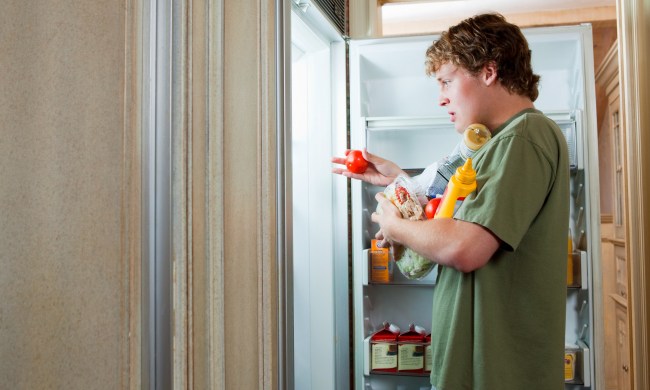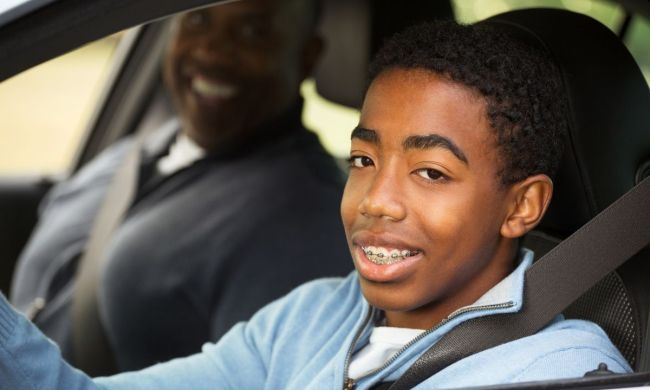If you have kids, chances are you know all about TikTok. The social media app that features short videos became hugely popular during the pandemic when so many people were staying home, looking for a form of entertainment. Not only is TikTok fun to watch, but they’re easy to create and share. While people of all ages enjoy watching the videos and creating for the social media platform, teens truly became TikTok’s first real power users.
Between viral dances, funny sketches, and creators who have reached superstar status, teens have catapulted TikTok to enormous success, but at what cost? While TikTok was first thought to be harmless fun and a welcome distraction during the beginning of the pandemic, like most other social media apps parents quickly became concerned with the content — and the amount of it — their kids were consuming. As it turns out, the TikTok algorithm that controls what teens see might be doing more harm than good.

What is so concerning?
At the end of the summer, a study was released that found teenage girls were suddenly developing tic-like behavior, similar to those who have Tourette’s Syndrome. Some experts have attributed that rise to teens watching TikTok creators who have Tourette’s. And while many of the experts don’t agree that TikTok was the cause of this increased behavior, others can’t ignore its influence. TikTok’s algorithm feeds the user content based on what they have watched, so in this case, if someone was searching a hashtag linked to Tourette’s Syndrome, it’s possible that their tic-like behavior could be a result of constantly watching these videos.

A new report
Knowing how intuitive TikTok’s algorithm can be has often worried parents but a new report obtained by the New York Times is giving even more reason to be alarmed by the social media app. The document, which NYT stated was distributed to “nontechnical employees” as a way to explain how the algorithm works, sheds light on why TikTok is so addictive and why it can also be harmful, especially to teens. The person who anonymously provided the document stated they were disturbed “by the app’s push toward “sad” content that could induce self-harm.” The report doesn’t go into any more detail about what that “sad” content may look like.
Despite bosting more than 1 billion monthly users, the “ultimate goal” of the company is to add active users daily, the report reads. They also aim to keep users on the app as long as possible while ensuring they come back over and over again. Guillaume Chaslot, the founder of Algo Transparency explained to the NYT some issues with TikTok’s algorithm. “Each video a kid watches, TikTok gains a piece of information on him. In a few hours, the algorithm can detect his musical tastes, his physical attraction, if he’s depressed, if he might be into drugs, and many other sensitive information. There’s a high risk that some of this information will be used against him. It could potentially be used to micro-target him or make him more addicted to the platform.”
What can parents do?
At the end of the day, there’s nothing inherently sinister about this revelation as TikTok seems to be serving content based on likes and past viewing habits. That doesn’t make it any less concerning for parents who may be worried about what their teen is consuming online. Having an open and honest dialogue with your teens about the reality of social media is a great way to help guide your kids and what they watch online. It’s important to have a continuing discussion with your teens about what they’re watching and who they’re watching and reassure them that not everything they see is real. Let kids know they can’t compare themselves to those they see online, and that it’s ok to question what they’re watching. Also, reassure them if they’re feeling depressed, lonely, or sad that they can always seek help from a parent. TikTok can be a lot of fun, but it can also amplify someone’s anxieties and stresses, so it’s important that parents are aware of any changes in their child’s behavior.



